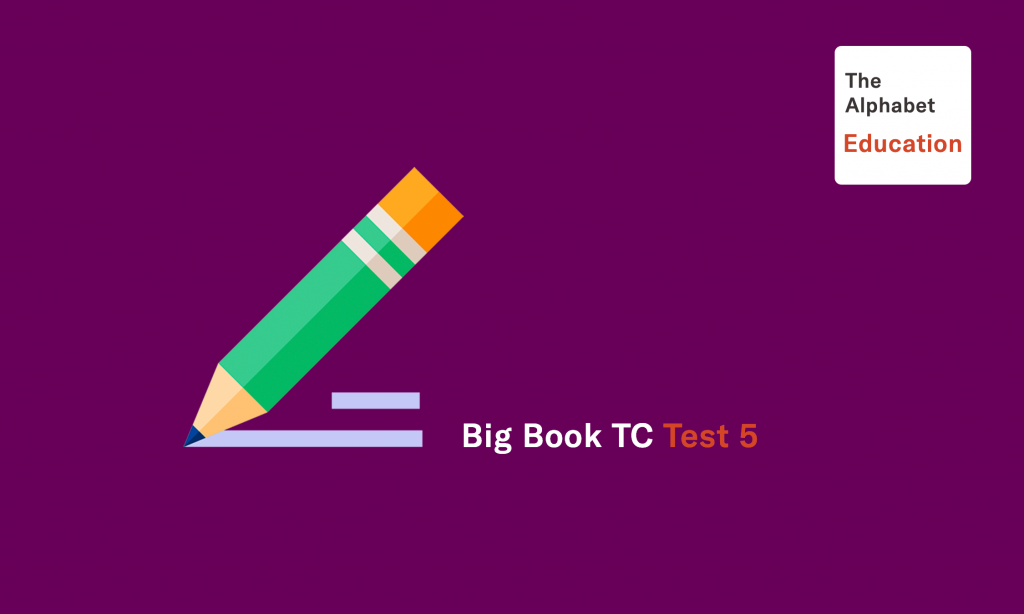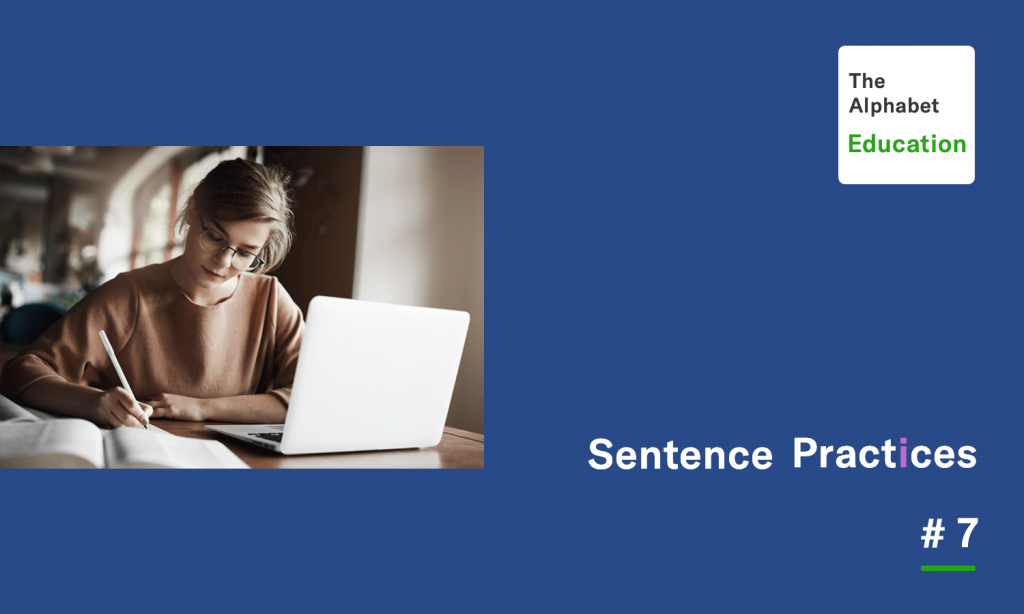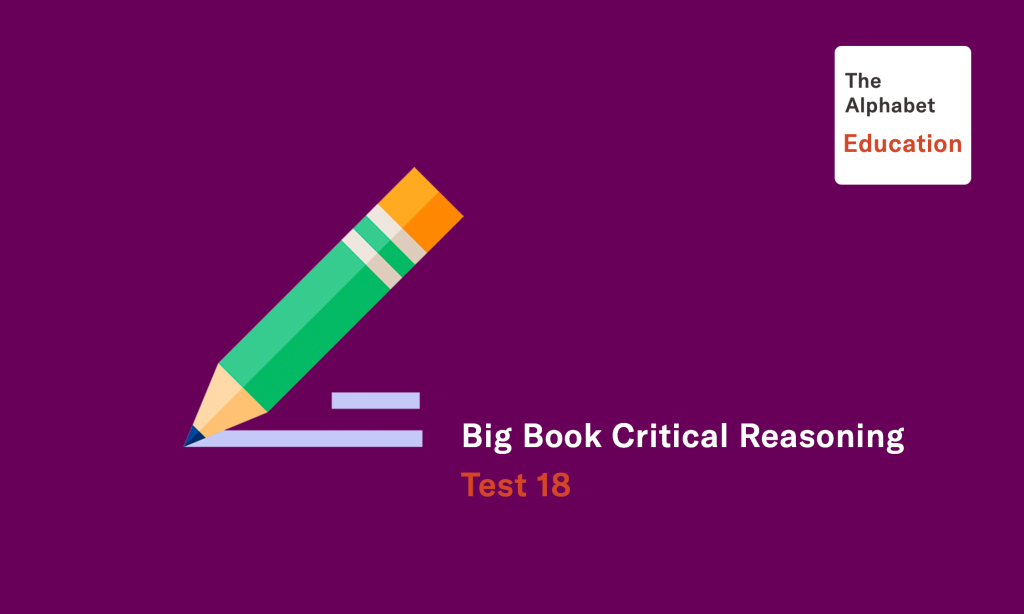Summary
A period, or some times called “full stop,” actually is a punctuation used in English writing to notify the end of a sentence or abbreviations of some vocabularies or phrases.
This mark is definitely the most prevalent one we use in our writing process, be it email communications, or formal academic reports. Period usage may seem not hard when it first comes to our mind, but if we hope to comprehend its usage systematically, there are still some occasions we may feel confused, such as where should we put a period mark in quotations or how to use it in abbreviations. The following passage is to navigate you through the right way, like an expert, to handle this tool.
What is a period?
Visually, a period is just a tiny solid circle or a dot. It usually follows at the end of a sentence in English writing, and this mark may also be adopted when you manage to abridge some specific vocabularies or collocations, especially some latin abbreviations, for example, etc., e.g., or et al.
The following are some principles that we should obey about how a period should be applied in different scenarios. Let us dig deep into this.

Rules we should follow!
1. A period and a sentence
It is not uncommon to spot a period at the end of declarative or imperative sentences — the prevailing circumstances of a period usage. In these practices, the period mark and the sentence combined to convey purely simple statements, expressing information without urgency, exclamation, and uncertainty. Here are some examples:
- English is just a tool to help us better understand the world.
- For most people, the most efficient path to master English is engaging it with our daily lives.
2. A period and an abbreviation
The usage of periods in abbreviations varies from case to case. For example, in American English, the word “doctor” is usually shortened as “Dr.”, but it appears as “Dr”, without the dot, in British English. There are tons of occasions like the one just mentioned. However, this paper will not elaborate on that, and we just revolve around some shared rules:
- The abbreviations of months and days should accompany with a dot if they are shortened in a piece of writing: Jan. for January, Apr. for April, Mon. for Monday, Fri. for Friday, etc.
- Latin abbreviations, such as i.e., e.g., and etc., always end with periods.
- International metric units of measures do not conclude with a period: cm, kg, or mm. On the other hand, abbreviations for American system metric units of measurements, such as in. and lbs., conclude with periods.
One point here worth of paying attention is how to apply the period mark at the end of a sentence if the sentence stops with an abbreviation with a period. Check out the following two exercises:
- College graduates today face various options, such as taking the graduate entrance examination at home, applying for master’s degree at abroad, landing a decent job, etc.
-
-
- College graduates today face various options, such as taking the graduate entrance examination at home, applying for master’s degree abroad, landing a decent job, etc..
The first one is correct, that is to say, if a sentence ends with an abbreviation with a period, you do not add a second period.

3. A period and quotation marks
Writers often get confused with where we should put the period mark, either inside of the closing quotation mark or outside, at the end of a sentence that concludes with a quotation:
- There is an old saying that always inspires me “Where there is a will, there is a way.”
-
- There is an old saying that always inspires me “Where there is a will, there is a way”.
-
- The teacher said, “This academic is so important that everyone should not miss it.”
-
- The teacher said, “This academic is so important that everyone should not miss it”.
The first ones are right, meaning the period goes inside the closing quotation mark at the end of a sentence in American English writing.
How about the quotation that stops with a question or exclamation mark? Just remember that no period is necessary in these two cases. Check out the correct usages (the first ones) in the flowing examples:
- Atticus Finch, the leading character in the novel To Kill A Mocking Bird, always asks, “Is this justice?”
-
- Atticus Finch, the leading character in the novel To Kill A Mocking Bird, always asks, “Is this justice?”.
-
- I still remember vividly my brother’s reaction to the film Forest Gump, “This film is so inspiring!”
-
- I still remember vividly my brother’s reaction to the film Forest Gump, “This film is so inspiring!” .

4. A period and parentheses
When a complete sentence is entirely enclosed by parentheses to work as an independent part in a paragraph, then the period goes inside the closing parenthesis:
- You may find a large number of people on WeChat like reading. (Of course, they do this for various reasons.) Everyday they will post some reflections about what they learned from their readings.
However, if the parenthetical content functions as one part of another sentence, the period mark should be included outside the closing parenthesis:
- My niece does quite a few extracurricular activities, dancing, reading, and painting( her favorite).



